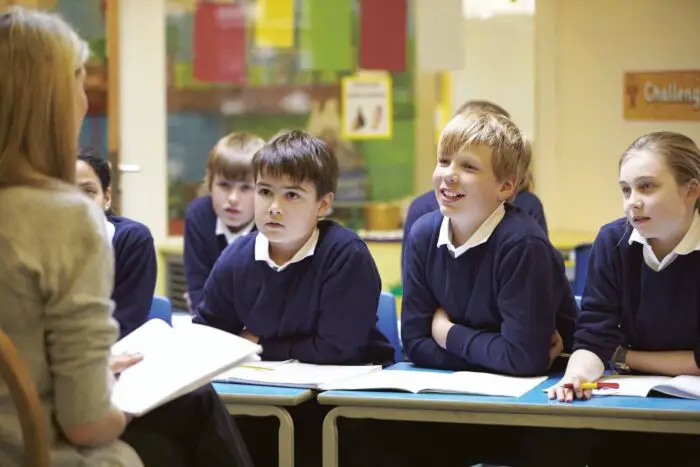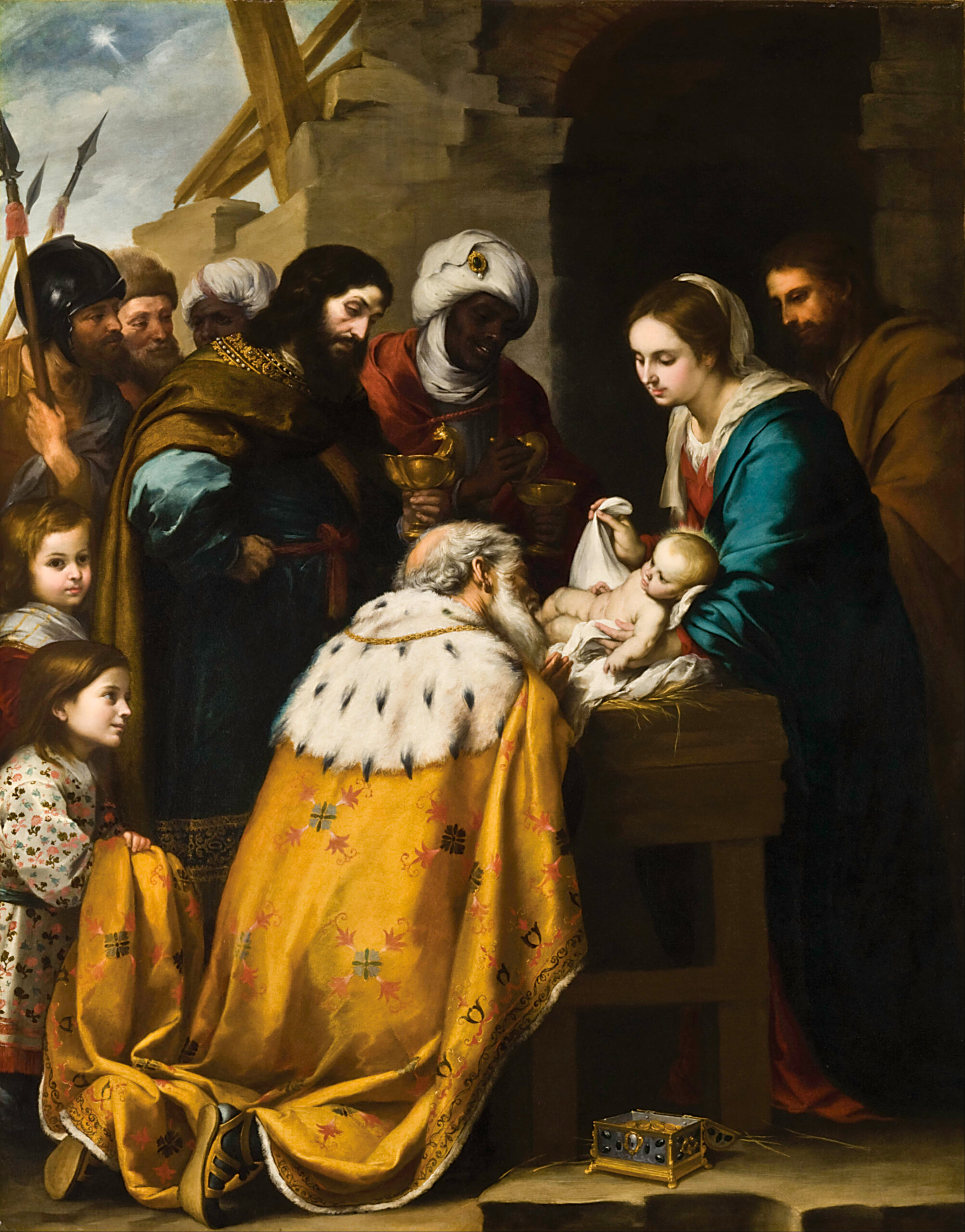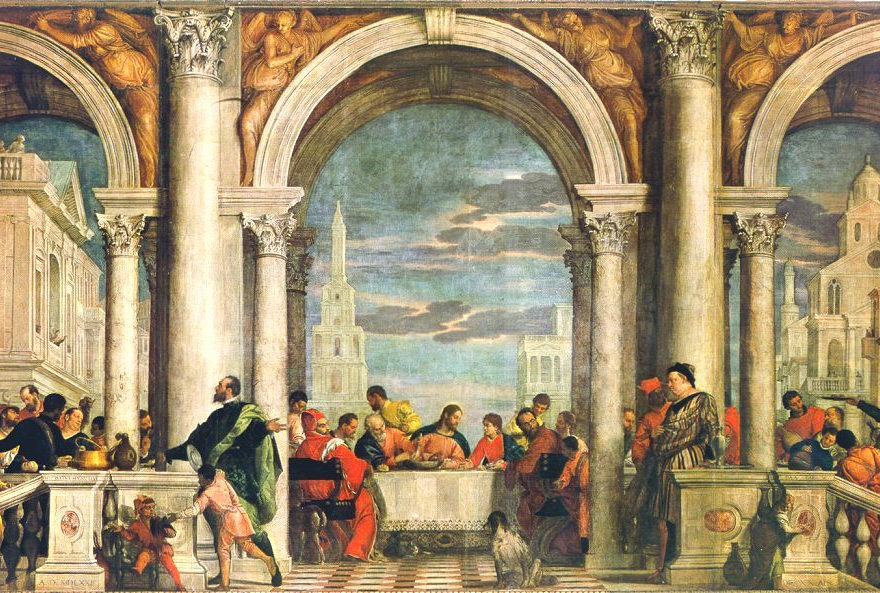Tag: learning
-

5 Elements of Faculty Culture for a New School to Implement on Day 1
With the skyrocketing number of new classical schools opening each year in the United States and beyond, the launch teams for these schools are no doubt busy working to prepare for the first day of school. On the one hand, this inaugural day probably feels far away yet. But on the other hand, for these…
-

The Incarnation of Jesus and Incarnational Ministry in the Classroom
It’s at this time of year that we cultivate a sense of the incarnation with the buildup to the Christmas holiday. We see lots of decorations. There are school performances and church pageants. Our routines change to accommodate a plethora of Christmas parties. Despite the celebrating and decorating, there’s a deep concern about the commercialization…
-

Growth in the Craft: Fresh Techniques for Your Teaching Tool Belt
The sole true end of education is to teach men how to learn for themselves; and whatever instruction fails to do this is effort spent in vain. Dorothy Sayers, “The Lost Tools of Learning” As educators, we get excited when classrooms come alive: Hands shoot up. Eyes brighten. And body language across the room broadcasts that…
-

Expanding Narration’s History with Comenius: Narration’s Rebirth, Stage 2 – The Great Didactic
If you’ve been following Educational Renaissance for some time, you might remember my history of narration series from last year. During the third article of the series I had a short section on narration in John Amos Comenius’ work, relying primarily on Karen Glass’s brief quotations in Know and Tell. At the time I was…
-

Rest for the Weary: On Cultivating the Intellectual Life
As the pace of our modern world grows busier and busier, spurred on by the services of smartphones and laptops, people need somewhere to turn for relief. Our glowing rectangles promise us conveniences such as efficiency and a life of ease, but for what purpose? More efficiency, more ease. It’s a never-ending cycle. Technology frees…
-

Why the History of Narration Matters, Part 3: Narration’s Rebirth
In my previous two articles I framed my discussion of the history of narration with the controversy between Charlotte Mason and classical Christian education advocates. I suggested that narration’s history may be a fact that puts to rest the false dichotomies of either side. While Charlotte Mason did claim discovery of certain principles related to…
-

Enjoying the Bible as Literature: 5 Strategies for Engaging Students in Reading the Canon
Guest article by Heidi Dean of Christian Schools International (See Jason’s article on CSI “7 Steps to Narrating the Bible”!) In biblical studies we seek to cultivate the habits of reverence, humility, submission to the text, and other qualities of faithful scholarship. But I propose another goal should rise to the top: enjoyment. The enjoyment…
-

Training the Prophetic Voice, Part 1: The Educational Heart of God
The God we worship and serve is an educating God. Our God has chosen to reveal himself to those whom he has created. God’s verbal communication with his creation is expressed in the opening of John’s gospel, “In the beginning was the Word.” Our God is a speaking God, which means he is continuously teaching…
-

Cultivating a Community: Wisdom for Parents Educating at Home Amidst the Present Crisis
In the last few weeks, life has changed dramatically for families across the globe. For families living in some parts of the United States, the most predictable elements of their busy schedules—the nine-to-five work day, daily school routine, church commitments, soccer practice, piano lessons—have vanished from the calendar. For perhaps the first time since the…
-

The Art of Learning: Four Principles from Josh Waitzkin’s Book
My mother-in-law feeds my addiction to books. For over a decade she has worked at a used bookstore, and often shows up at family events with a stack of books for me to add to my personal library. She now also supplies my friends and my school. Jason was recently the beneficiary of her generosity,…
